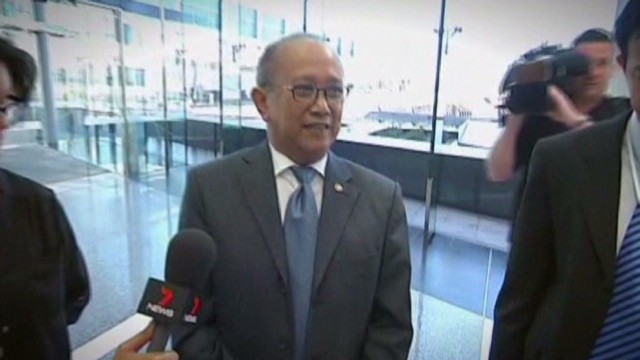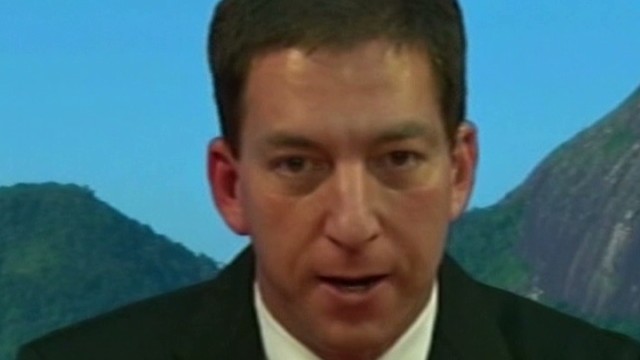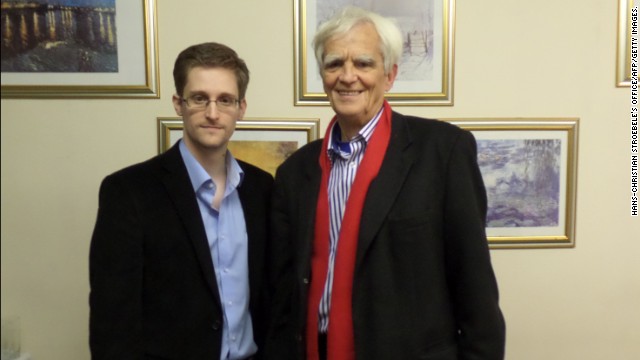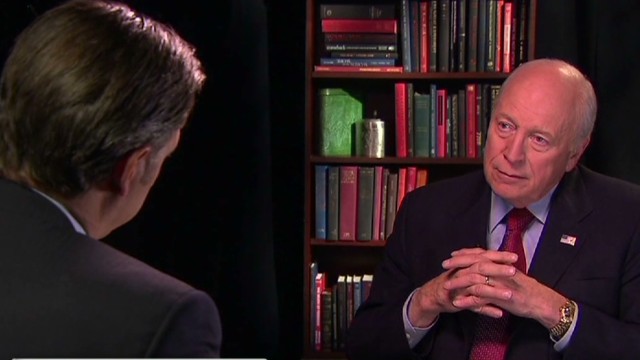Story highlights
- The Guardian and Channel 4 News have revealed papers leaked by Edward Snowden
- They show the UK let the U.S. access data from Britons not suspected of wrongdoing
- The incidentally collected digital data, like e-mail records, could be stored by the U.S., they say
- Before 2007, agencies could only keep the details of landline numbers collected incidentally
Britain allowed the United States to access and store digital records of Britons not suspected of wrongdoing in a deal agreed in 2007, according to UK newspaper the Guardian and broadcaster Channel 4 News.
The media outlets say a National Security Agency (NSA) document leaked by former contractor Edward Snowden describes a deal allowing it to keep and analyze personal data such as phone, internet and e-mail records collected "incidentally," while spying on actual targets.
In its television report, Channel 4 News suggested this could mean that if a suspect received a group e-mail, the U.S. could analyze the data of all the other recipients of the same e-mail.
Prior to the 2007 deal under then Prime Minister Tony Blair's government, U.S. agencies could only keep the details of landline numbers collected incidentally, they say.
The Guardian said the memo stated that the information would be put in databases accessible to other U.S. intelligence and military agencies.
The media outlets also pointed to a paragraph of a 2005 NSA memo, which they said had been marked for U.S. distribution only and suggested the U.S. was prepared to spy allies' citizens unilaterally "when it is in the best interests of the U.S. and necessary for U.S. national security."
In response to the reports, an NSA spokesman said: "NSA works with a number of partners and allies in meeting its foreign-intelligence mission goals, and in every case those operations comply with U.S. law and with the applicable laws under which those partners and allies operate."
Britain's national security agency GCHQ said it had no comment on the allegations.
The British media claims are the latest in a series of revelations stemming from documents released by Snowden.
Earlier this week, the Australian Broadcasting Corp. and Guardian Australia reported that Australian intelligence services had tracked the phone calls of Indonesian President Susilo Bambang Yudhoyono in 2009. Indonesia withdrew its envoy to Canberra and summoned the Australian ambassador Monday to voice its anger at the allegations.
The country had previously expressed outrage over reports that Australia's Jakarta embassy was used as part of a U.S.-led spying network in Asia.
Snowden, 30, has admitted in interviews he was the source behind the leak of classified NSA documents, which revealed the existence of top-secret surveillance programs.
He is wanted in the United States on espionage charges and is currently living in Russia, which has granted him asylum.













